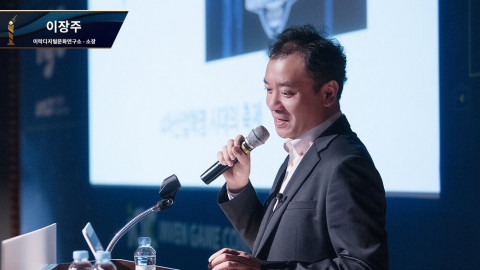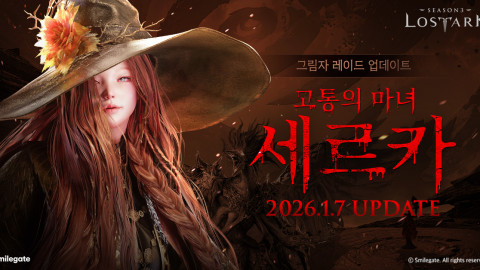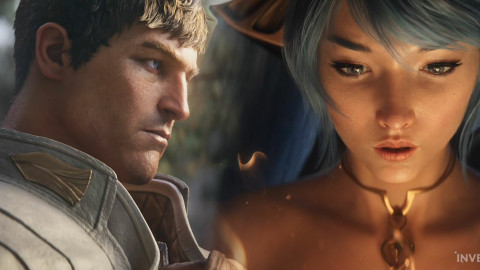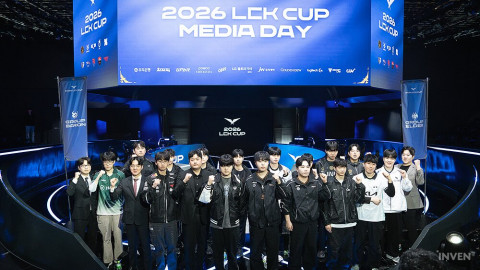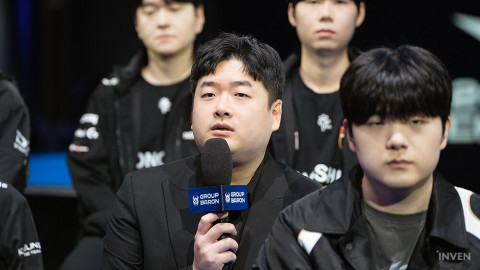
Bossland GmbH, The German company that created several hacks for Blizzard’s most popular games including Overwatch, World of Warcraft, and Heroes of the Storm, are expected to pay a whopping total of $8,563,600 in damages to Blizzard. Bossland and Blizzard have been engaged in legal battles since 2011, and this marks a big win for Blizzard in the war against cheating.
Bossland previously avoided serious losses in court against Blizzard and has even emerged victorious in several cases, including one involving gold-selling in Diablo 3 and another involving the Heroes of the Storm “Stormbuddy” bot. In both cases, Blizzard was forced to pay-legal fees and the charges were dismissed.
For a while, it seemed that all Blizzard could do was ban players caught using these tools. Intellectual property laws did not protect Blizzard’s primary complaint of the “anti-competitive” blight Bossland was creating within their games. While it may seem obvious to gamers that cheaters are in the wrong, legally it can be a grey area.
For example, the 1990 case of Lewis Galoob Toys, Inc. v. Nintendo of America, inc, had a court conclude that Lewis Galoob’s Game Genie cheating device did not “constitute the creation of a derivative work” and instead represented the consumer's right to “experiment with the product” they paid for. Nintendo had no recourse and had to pay all legal fee’s and an additional $15 million in damages to Galoob.
However, modern cheats do more than just allow players to experiment. They ruin the experience for innocent consumers who are playing by the rules that Blizzard created.
Blizzard’s argument
On July 4th, 2016, the legal dispute on Overwatch cheats was first reported by TorrentFreak. Blizzard claimed that the hack, which was released almost immediately after Overwatch’s official launch, was causing “massive and irreparable harm to Blizzard”. Players’ first impressions of the game were potentially marred with cheating players ruining their experience and making it less likely for them to play again. It was crucial for Blizzard to convince the court of the correlation between players encountering cheaters and playing the game less because of it. If this correlation could be proven correct, then Blizzard could argue they were being unfairly damaged by Bossland’s product.

On February 1st, 2017, it was announced that Blizzard had won the case. The German Court of Law ruled against Bossland, ordering an ultimatum that needed to be answered in 24 hours. Bossland ignored this ultimatum and has been radio silent ever since.
The Default judgement
Just a day ago, TorrentFreak reported on the $8.5 million sum that Blizzard is requesting. This number is only “the minimum statutory damages” based on the infringements Bossland is guilty of. Despite being a relatively small amount compared to the potential profits Bossland has made, it is unclear whether or not Bossland will even pay the fine, as they are already using (as Blizzard describes it) “calculated and bad-faith tactics” in court to avoid persecution.
Regardless of whether Blizzard receives their fair compensation, this is great news for Overwatch fans that have been desperate for substantial action against cheat creators and the players that use those cheats. This case may provide essential legal momentum in the war against cheat makers, giving game developers in similar future cases a fair chance at victory.
-

Warcraft 3 is my one true love and I will challenge anyone to a game of Super Smash Brothers Melee.
Sort by:
Comments :0

